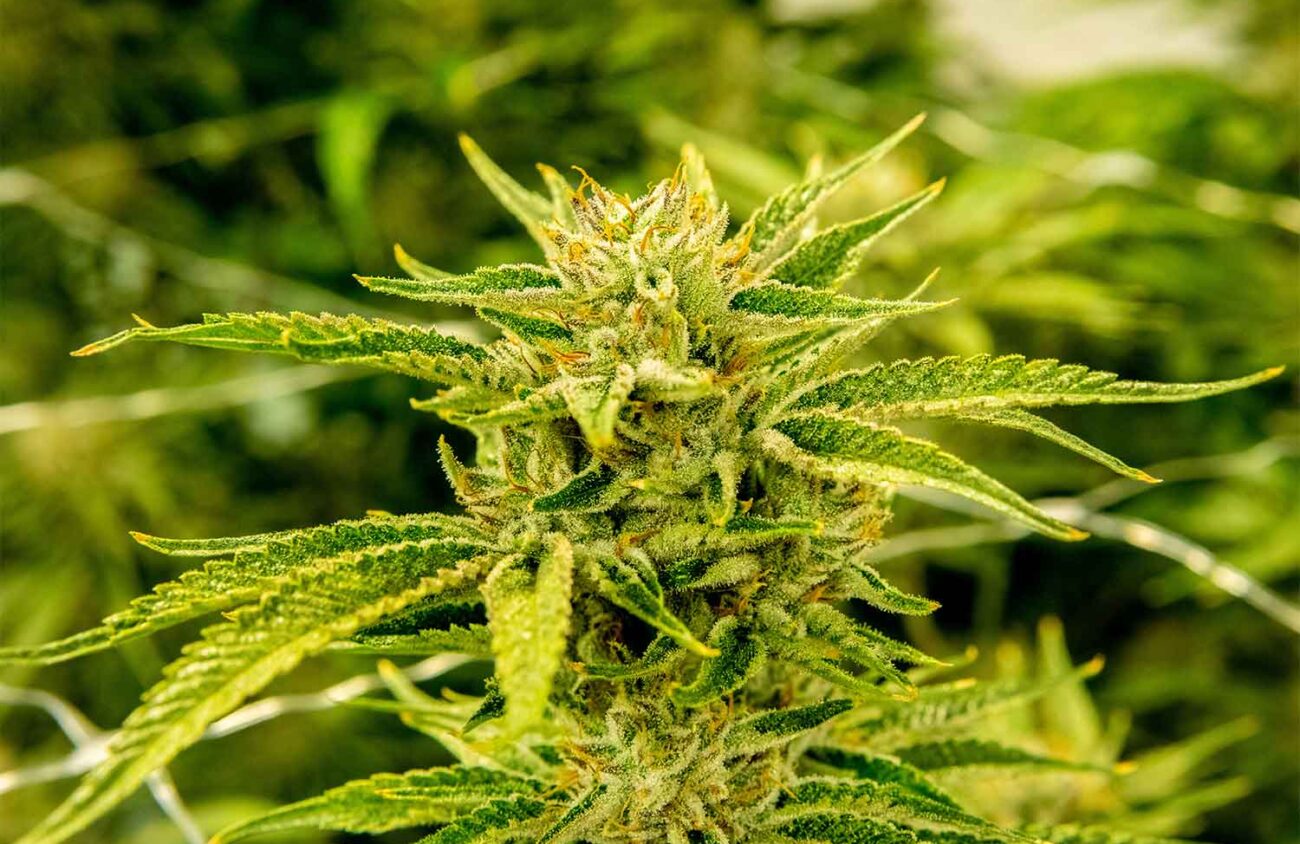To many consumers, cannabis is about that feeling of getting high, where you can forget about the struggles of daily life for a while. But for those who have managed to avoid partaking, despite the relatively recent proliferation of cannabis dispensaries, we’re here to tell you that there can be more to weed than getting stoned.
This high sensation is caused by tetrahydrocannabinol, more commonly known as THC. This is the dominant form of cannabinoid that most people consume, for that very reason. It is used recreationally and medically and can be used for several reasons, including to help control pain and anxiety and improve sleep. It is consumed in several different ways.
Skyla Patton, former editor of the cannabis magazine Green Eugene, has used cannabis for almost six years. She uses cannabis both recreationally and medically, and THC is a big part of why she uses it. Patton, 24, suffers from endometriosis-like symptoms, and she also has dealt with anxiety since middle school. For her, THC helps with these.
“I am somebody who appreciates the psychoactive effect of cannabis,” she says.
Patton also describes additional positive effects she has when she consumes THC.
“I can actually feel the side effects of the relaxation in my body and my muscles, and the brain effects, also,” she notes. “The anxiety kind of fades away.” She compares her experience with cannabis to how many people like coffee. For some, it is hard for people to go on with their day without having a cup of coffee in the morning. This is how she feels when she consumes THC; it helps her wake up and focus more.
The most common chemical analog of THC is called delta-9. A chemical analog is a drug that is similar in structure to another, and as a result, may have similar effects. However, there are other types of THC that require more research.
“One chemical analog in particular that people are gaining interest in is delta-8-THC as opposed to delta-9-THC,” says Anita Cservenka, an assistant professor at Oregon State University. Her expertise focuses on several areas, including cannabis use and neurocognitive effects, cannabis use and brain development, and cannabis use in adolescents and young adults. People are becoming more interested in delta-8-THC because individuals are reporting fewer negative side effects, such as anxiety and paranoia, compared to delta-9-THC.
However, Cservenka notes that there has been an increasing number of adverse events with delta-8-THC consumption, including anxiety, hallucinations, vomiting, tremor and even loss of consciousness. Delta-8-THC has not been evaluated or approved by the FDA.
Delta-8-THC is less potent than delta-9-THC, and as a result, the high effect is not as strong. Regarding the delta-8, “if you get just your dry flower, your cannabis flower, and you were to just eat that, pretty much nothing would happen,” says Galen Huber, the manager of Apothca in Eugene. “If you ate a bunch of it, you’d probably get a little bit of a high. It would be very minor.” He adds, though, that if delta-8-THC is burned, the flame in the heat would turn it into delta-9, and that would give the user a high.
Like CBD, there are several ways a user can consume THC, including edibles, drinkables, tinctures and, of course, smoking a joint.
THC can have positive benefits for many users, including relaxation, helping with sleep, and decreasing anxiety. These benefits are further emphasized by the entourage effect, when THC is combined with other cannabinoids, such as CBD.
Although consuming THC can have positive benefits for many consumers, there are factors to be aware of. First off, it is important to know your limits. Huber says that when he has too much THC, it tends to throw him into a manic state. As a result, he often uses a balanced ratio of THC and CBD. In addition, Cservenka warns that THC-edible users may not realize the effects right away since they take longer to arise than through smoking. Smoking is not without its dangers too, as it can harm the lungs. Still, it underscores the side effects that THC can have.
“THC products can produce adverse effects, too, such as anxiety symptoms and paranoia symptoms, particularly those high THC products,” Cservenka says.
So, if you are thinking about trying cannabis for the first time on 4/20 and want to get that high effect, THC is great for that. But, it is important to learn more about THC before you try it to make sure you have a great 4/20.
